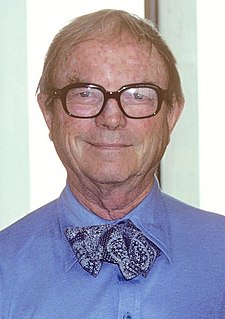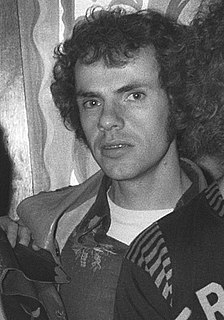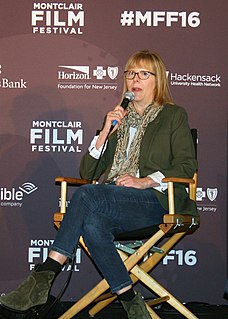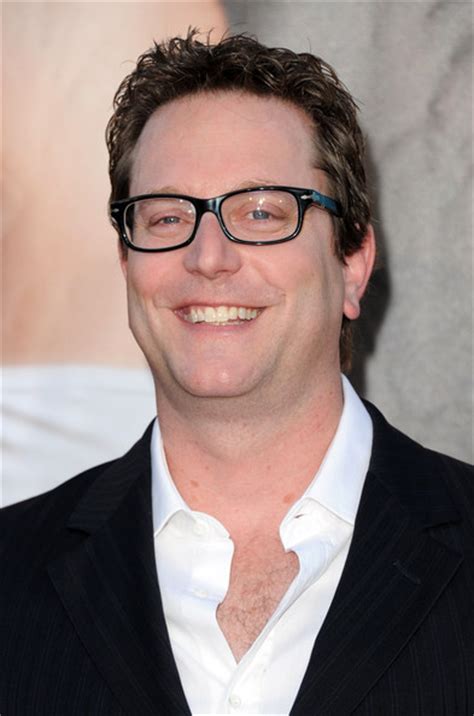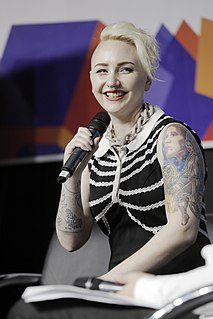A Quote by Chuck Jones
Once you have heard a strange audience burst into laughter at a film you directed, you realize what the word joy is all about.
Related Quotes
I love watching audiences scream. I imagine it's the same joy that a director feels who has made a comedy when he or she is sitting at the back of a theater listening to the audience laugh. That sound of laughter is so sweet to a comedy director and that's exactly how a horror film feels when you hear the audience scream.
I was like, "This is a new thing that the gay people have decided? That's the gayest thing I've ever heard in my life." You can't do that. You can't decide that a word is forbidden now collectively amongst your group of human beings, that the word is a slanderous evil nasty word about homosexuals. It's not, the word doesn't mean that. And sometimes it's a good word to use in comedy. That's what your friend has to realize when he's at a bar just yelling out the word.
Speakers find joy in public speaking when they realize that a speech is all about the audience, not the speaker. Most speakers are so caught up in their own concerns and so driven to cover certain points or get a certain message across that they can't be bothered to think in more than a perfunctory way about the audience. And the irony is, of course, that there is no hope of getting your message across if that's all the energy you put into the audience. So let go, and give the moment to the audience.
Laughter is binary: It either happens or it doesn't. As each joke arrives in the course of a film, the cavernous space of the theater is either filled with joy and laughter or with the quiet of cringing embarrassment. Every time you step to the plate to make a joke, you're going to experience one or the other.
We put in all the great ideas that can be brought into the film [Doctor Strange] in the service of introducing the world to an audience who's never heard of it and doesn't know it from a hole in the wall. And we thought that an inter-dimensional girlfriend that's the daughter of an inter-dimensional demon-esque creature was a step too far in introducing this world.
